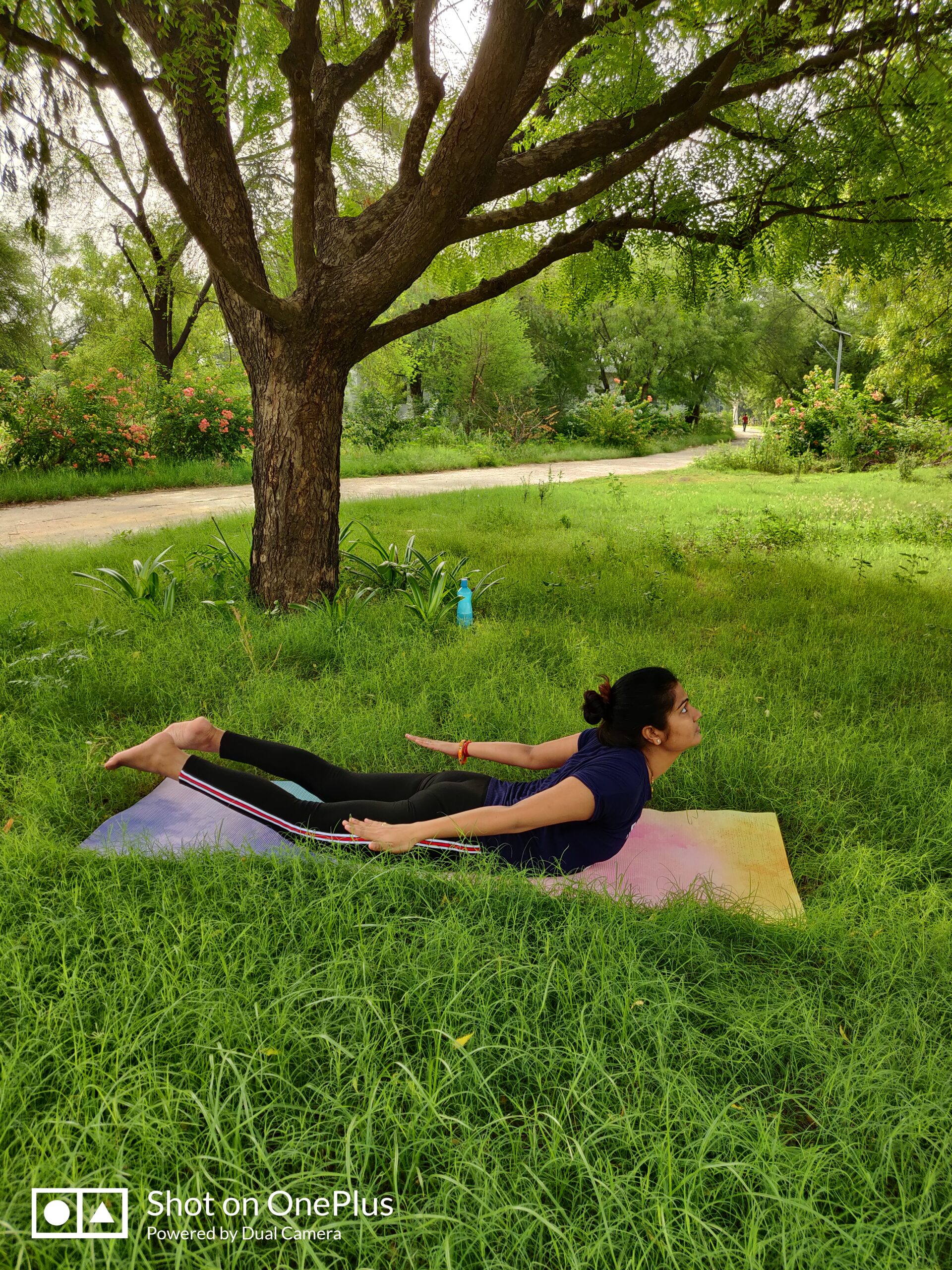Introduction Rheumatoid Arthritis (RA) is a chronic autoimmune disorder that primarily affects the joints, causing pain, inflammation, and impaired mobility. While conventional treatments focus on symptom management, naturopathic approaches offer holistic strategies that address the underlying causes of RA and promote overall well-being. In this comprehensive article, we explore naturopathic treatments and therapies that can effectively alleviate RA symptoms, improve joint function, and enhance the quality of life for individuals living with this condition.
Causes and Symptoms of Rheumatoid Arthritis: Unveiling the Factors
Rheumatoid Arthritis (RA) is a complex autoimmune disorder that affects millions worldwide. Understanding its underlying causes and recognizing the symptoms is crucial for effective management and timely intervention. In this section, we delve into the primary causes of RA and the common symptoms that individuals with this condition may experience.
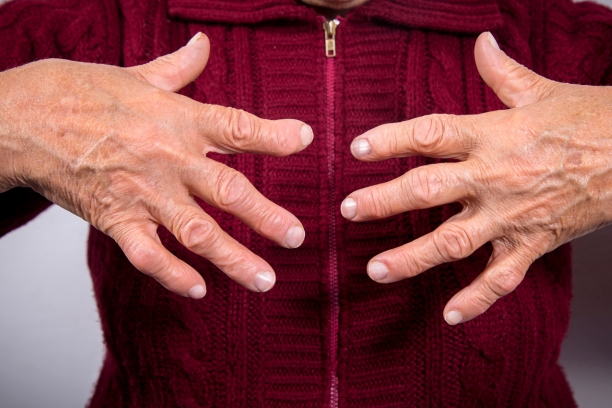
Causes of Rheumatoid Arthritis:
RA’s exact cause remains elusive, but a combination of genetic, environmental, and immune system factors contribute to its development:
- Genetic Predisposition: Family history of RA increases the risk, suggesting a genetic component.
- Environmental Triggers: Factors such as infections or exposure to certain pollutants may trigger the autoimmune response.
- Immune System Dysfunction: RA occurs when the immune system mistakenly attacks the synovium (lining of the joints), leading to inflammation.
Symptoms of Rheumatoid Arthritis: Recognizing the Signs
RA’s symptoms can range from mild to severe and typically affect multiple joints. Recognizing these symptoms early is vital for proper management:
- Joint Pain and Stiffness: Persistent joint pain, often worse in the mornings, accompanied by stiffness is a hallmark symptom.
- Swelling and Inflammation: Joints become swollen, tender, and warm due to inflammation.
- Morning Stiffness: Stiffness can last for hours upon waking, limiting movement.
- Fatigue: Profound fatigue and malaise are common, impacting daily activities.
- Loss of Joint Function: Over time, joints may lose function and become deformed.
- Rheumatoid Nodules: Small lumps under the skin, typically near joints, can develop.
- Fever and Weight Loss: Some experience low-grade fever and unexplained weight loss.
- Joint Involvement: RA often affects joints symmetrically, such as both wrists or knees.
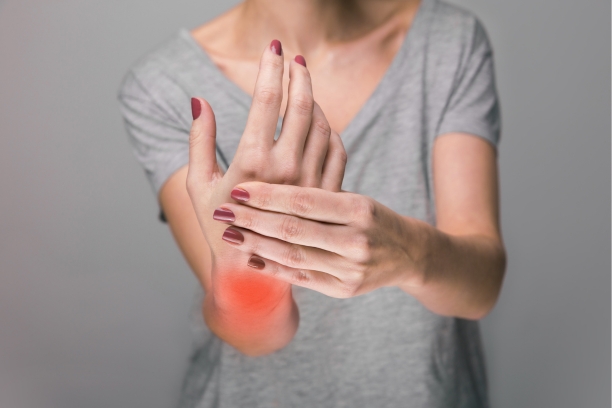
Extra-Articular Symptoms:
RA can also affect organs outside the joints, leading to complications like:
- Rheumatoid Lung Disease: Breathlessness and cough due to lung inflammation.
- Rheumatoid Heart Disease: Increased risk of heart problems.
- Rheumatoid Vasculitis: Blood vessel inflammation causing skin ulcers.
Naturopathic Treatments and Therapies for Rheumatoid Arthritis Relief
Rheumatoid Arthritis (RA) can be a challenging condition, but naturopathic treatments offer a holistic approach to managing symptoms, promoting joint health, and improving overall well-being. In this section, we explore various naturopathic treatments and therapies that can provide relief and support for individuals living with RA.
1. Herbal Remedies:
- Turmeric (Curcuma Longa): Curcumin, the active compound in turmeric, has anti-inflammatory and antioxidant properties that may help reduce joint pain and inflammation associated with RA.
- Ginger (Zingiber Officinale): Ginger has natural anti-inflammatory properties that can alleviate pain and improve joint mobility.
- Boswellia (Boswellia Serrata): Boswellia extract can reduce inflammation and improve joint function, making it beneficial for RA management.
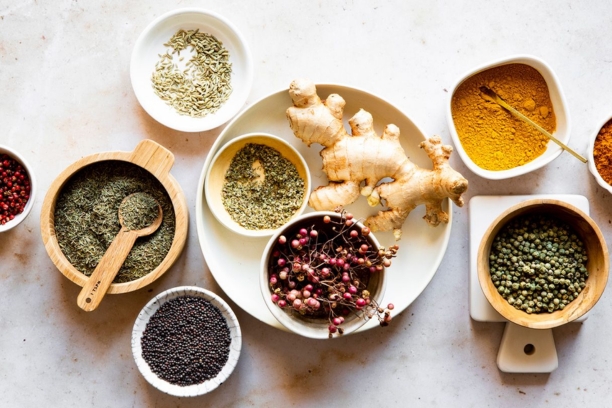
2. Nutritional Support:
- Anti-Inflammatory Diet: Emphasizing foods rich in omega-3 fatty acids, antioxidants, and anti-inflammatory compounds can help reduce inflammation and support joint health.
- Omega-3 Fatty Acids: Found in fatty fish, flaxseeds, and chia seeds, omega-3s can alleviate joint pain and stiffness.
3. Mind-Body Techniques:
- Meditation and Mindfulness: These practices reduce stress, which can exacerbate RA symptoms, and enhance pain management strategies.
- Yoga and Tai Chi: Gentle movements and stretching improve joint flexibility, reduce muscle tension, and promote overall well-being.
4. Hydrotherapy:
- Contrast Hydrotherapy: Alternating between hot and cold water therapy can improve blood circulation, reduce inflammation, and alleviate pain.
- Hydrotherapy Baths: Epsom salt baths can relax muscles and provide pain relief.

5. Manual Therapies:
- Osteopathic Manipulative Treatment (OMT): OMT involves hands-on techniques to improve joint mobility and reduce pain.
- Chiropractic Care: Spinal adjustments enhance nerve function, support joint health, and improve overall wellness.
6. Detoxification and Nutrition:
- Detox Diets: Cleansing diets promote toxin elimination and reduce inflammation, which can improve overall joint health.
- Nutritional Supplements: Omega-3 fatty acids, glucosamine, and chondroitin supplements support joint health and reduce inflammation.
7. Acupuncture:
- Pain Management: Acupuncture involves inserting thin needles into specific points to stimulate energy flow, alleviate pain, and reduce inflammation.
- Stress Reduction: Acupuncture sessions can also help manage stress, which is a common trigger for RA flare-ups.

8. Lifestyle Modifications:
- Weight Management: Maintaining a healthy weight reduces stress on joints, minimizing pain and inflammation.
- Regular Exercise: Low-impact activities like swimming, walking, and cycling promote joint mobility without excessive strain.
9. Consultation with a Naturopathic Doctor:
- Personalized Treatment Plans: A licensed naturopathic doctor can tailor a treatment plan to your individual needs, ensuring safe and effective approaches for managing RA.
- Collaborative Care: Integrating naturopathic treatments with conventional medical care offers a comprehensive approach to RA management.
Yogic Management for Rheumatoid Arthritis: Enhancing Joint Health and Mobility
Yoga, with its holistic approach to mind-body wellness, can play a significant role in managing Rheumatoid Arthritis (RA). The gentle yet effective yogic practices can help alleviate pain, improve joint mobility, and enhance overall well-being. In this section, we explore yogasanas and yogic management techniques that can provide relief and support for individuals living with RA.
1. Tadasana (Mountain Pose):
- Benefits: Tadasana helps improve posture and body awareness, which is essential for maintaining joint alignment and reducing strain.
- Practice: Stand tall, aligning your body from head to toe. Engage your muscles and find balance through your feet.
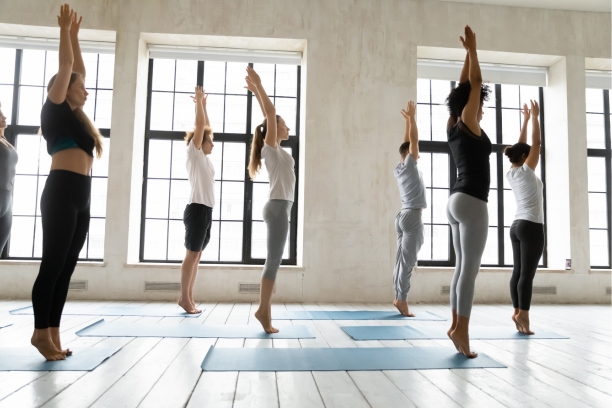
2. Setu Bandhasana (Bridge Pose):
- Benefits: Bridge pose strengthens the back muscles, improves spinal flexibility, and promotes healthy posture.
- Practice: Lie on your back, bend your knees, and lift your hips off the ground while pressing into your feet and shoulders.
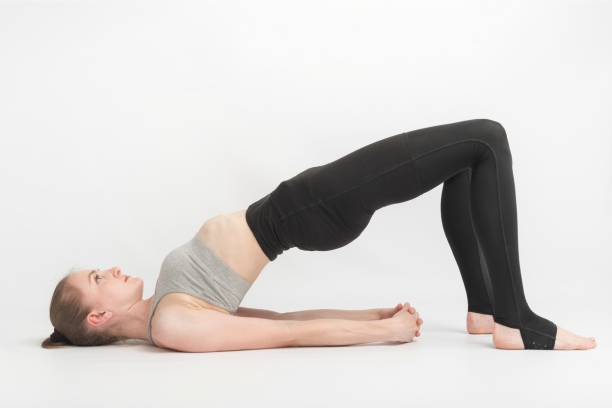
3. Marjariasana (Cat-Cow Pose):
- Benefits: Cat-cow pose enhances spinal flexibility and alleviates stiffness in the back and hips.
- Practice: Move between arching your back (cow pose) and rounding your back (cat pose) in sync with your breath.
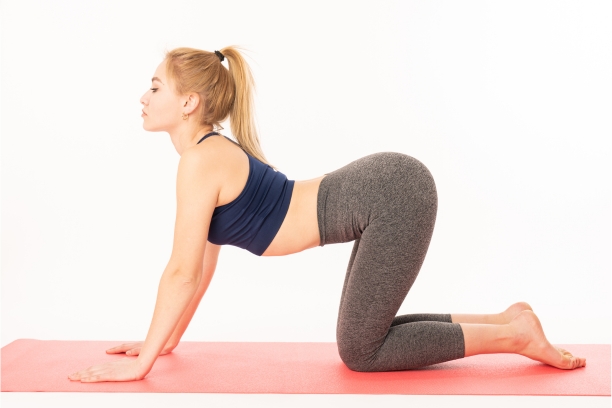
4. Shavasana (Corpse Pose):
- Benefits: Shavasana promotes relaxation, reduces stress, and allows the body to fully integrate the benefits of the practice.
- Practice: Lie on your back, relax your body, and focus on deep, mindful breaths.

5. Vrikshasana (Tree Pose):
- Benefits: Tree pose enhances balance, strengthens leg muscles, and improves focus and concentration.
- Practice: Stand on one leg, placing the sole of the other foot against the inner thigh of the standing leg. Find a steady gaze point.

6. Bhujangasana (Cobra Pose):
- Benefits: Cobra pose strengthens the muscles of the back and spine while promoting flexibility.
- Practice: Lie on your stomach, place your hands under your shoulders, and lift your chest while keeping your pelvis grounded.

7. Pranayama (Breath Control):
- Deep Breathing: Slow, deep breaths relax the body, reduce stress, and support pain management.
- Anulom Vilom (Alternate Nostril Breathing): Balances energy flow and calms the mind.
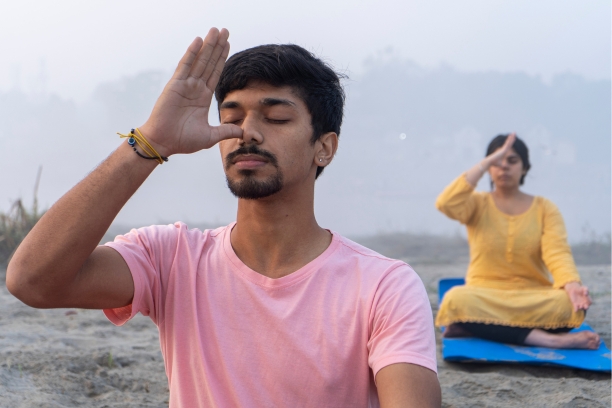
8. Meditation and Mindfulness:
- Benefits: Meditation reduces stress and enhances pain management, promoting overall well-being.
- Practice: Find a quiet space, sit comfortably, and focus your attention on your breath or a specific mantra.
9. Stress Reduction and Mind-Body Connection:
- Yoga Nidra: A guided relaxation practice that reduces stress and enhances restorative sleep.
- Mindfulness: Practicing present moment awareness reduces stress and supports pain management.
10. Consultation with a Yoga Instructor:
- Customized Approach: A certified yoga instructor can help modify poses based on individual needs and limitations.
- Safety First: Ensuring that yoga practices are suitable for your condition is essential for preventing discomfort or injury.
Understanding Rheumatoid Arthritis
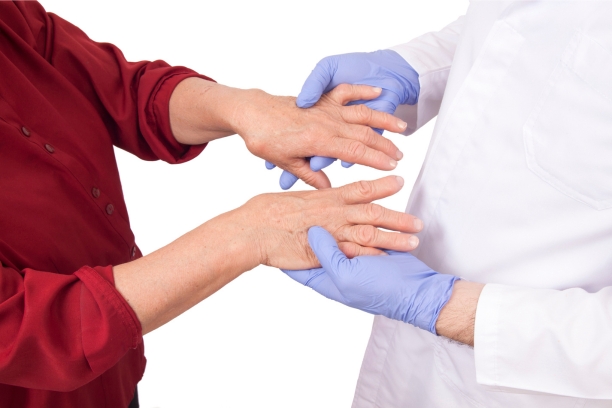
Demystifying Autoimmunity: Rheumatoid Arthritis is an autoimmune disorder where the immune system mistakenly attacks the body’s own tissues, particularly the synovial membranes of the joints.
Risk Factors and Triggers: Various factors such as genetics, environmental triggers, and hormonal imbalances can contribute to the development and progression of RA.
Conclusion
Naturopathic treatments and therapies provide a multifaceted approach to managing Rheumatoid Arthritis.Recognizing the interplay between causes and symptoms of RA is pivotal for accurate diagnosis, early intervention, and effective management.Naturopathic treatments and therapies provide a multifaceted approach to managing Rheumatoid Arthritis, focusing on addressing the root causes, promoting joint health, and improving overall well-being.Integrating these gentle and mindful yogic practices into your routine can contribute to improved joint function, reduced pain, and enhanced overall quality of life.




